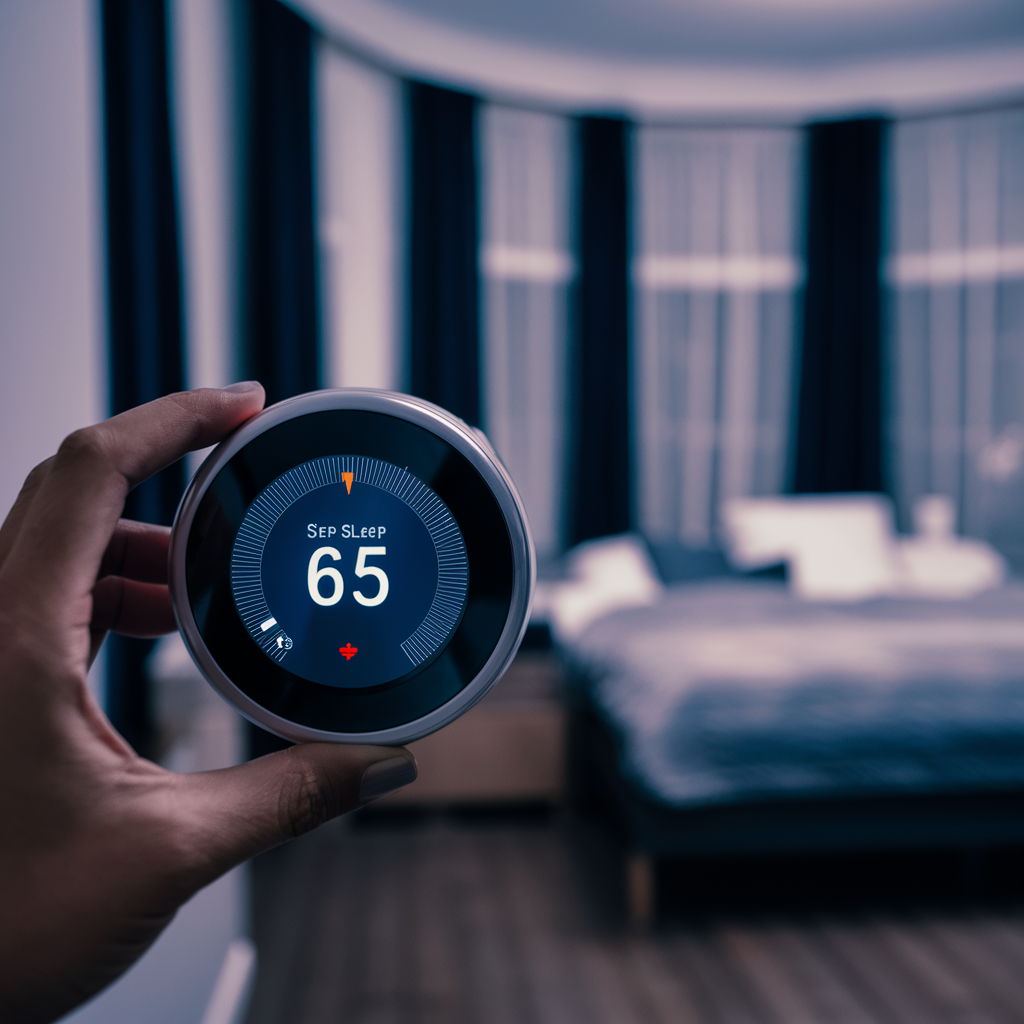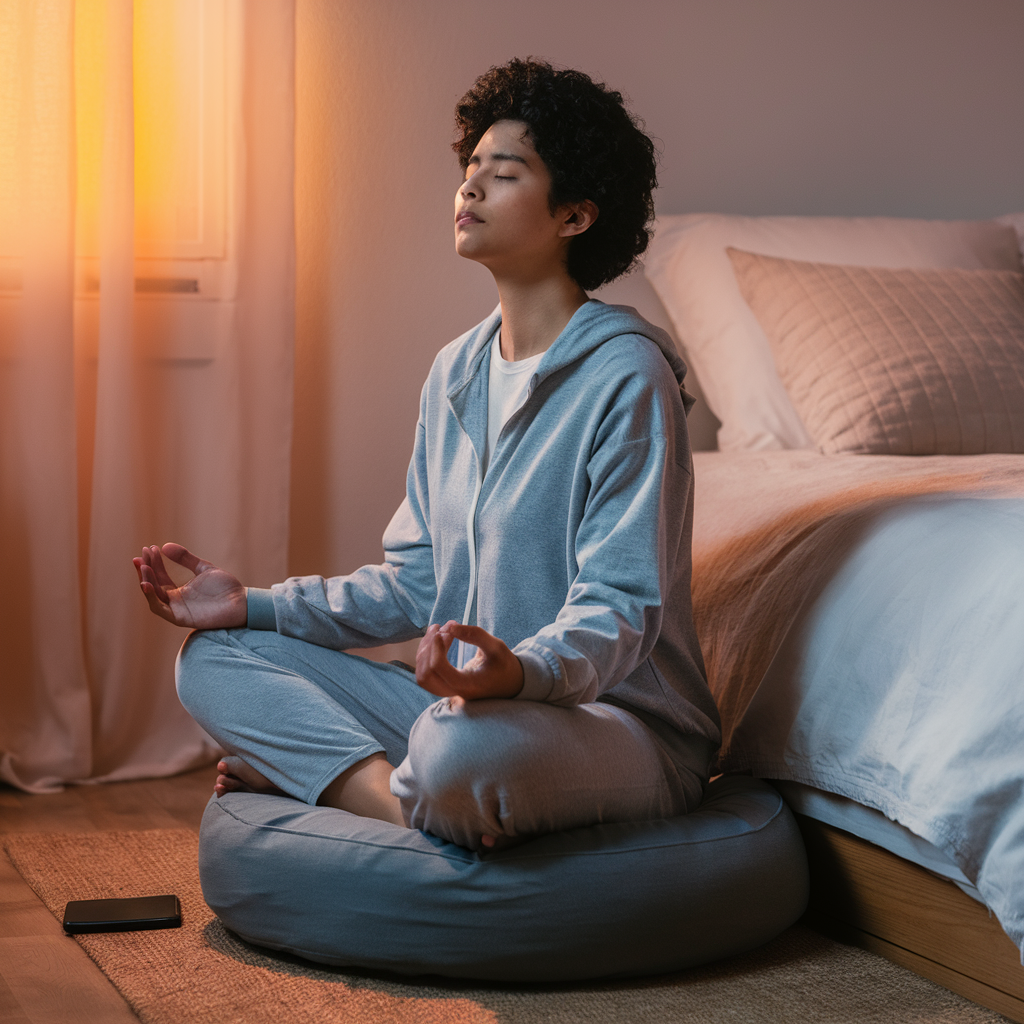Are you tossing and turning at night, desperately counting sheep while watching the hours tick by? You’re not alone. According to the CDC, about one-third of American adults don’t get enough sleep regularly. Poor sleep doesn’t just leave you groggy—it can impact your mental health, physical wellbeing, and overall quality of life. The good news? You don’t need prescription medications or expensive gadgets to improve your sleep quality. These five science-backed techniques can transform your nights and help you wake up refreshed and rejuvenated.

Why Quality Sleep Matters
Before diving into solutions, let’s understand why quality sleep is non-negotiable for optimal health. During sleep, your body performs critical maintenance functions:
- Physical restoration: Tissues repair, muscles grow, and hormones release
- Memory consolidation: Your brain processes information and forms memories
- Immune function: Sleep strengthens your immune system’s ability to fight infections
- Emotional regulation: Proper sleep helps maintain balanced mood and mental health
Research consistently shows that chronic sleep deprivation increases risks of heart disease, diabetes, obesity, depression, and even shortens your lifespan. The Harvard Medical School reports that getting less than 7 hours of sleep per night is associated with a 12% increased risk of premature death.
5 Science-Backed Tips for Better Sleep
1. Establish a Consistent Sleep Schedule
Your body thrives on routine. Going to bed and waking up at the same time—even on weekends—helps regulate your body’s internal clock (circadian rhythm).
How to implement it:
- Set a bedtime that allows for 7-9 hours of sleep
- Create a 30-minute wind-down routine before bed
- Use gentle alarms that gradually wake you
- Maintain your schedule with no more than one hour variation, even on weekends
A study in the journal Sleep Medicine found that irregular sleep patterns are associated with poorer academic performance and delayed circadian rhythms in college students. By maintaining consistency, you’re essentially training your body when to feel sleepy and when to feel alert.
2. Optimize Your Sleep Environment
Your bedroom should be a sanctuary dedicated to sleep and relaxation. Environmental factors significantly impact sleep quality.
How to create the ideal sleep environment:
- Temperature: Keep your bedroom between 60-67°F (15-19°C)
- Light: Make your room as dark as possible with blackout curtains
- Sound: Use white noise machines or earplugs to block disruptive sounds
- Bedding: Invest in a supportive mattress and comfortable pillows
- Electronics: Remove TVs, computers, and phones from the bedroom

Research published in Indoor Air demonstrated that bedroom temperature affects sleep quality more than external noise. Even a 1°C deviation from the optimal temperature can reduce sleep efficiency and increase wakefulness.
3. Manage Light Exposure Throughout the Day
Light is the primary regulator of your circadian rhythm. Properly timing your exposure to both natural and artificial light can dramatically improve sleep quality.
Daily light management strategy:
- Morning: Get 20-30 minutes of bright sunlight within an hour of waking
- Daytime: Maintain exposure to natural light throughout the day
- Evening: Reduce blue light from screens 2-3 hours before bed
- Night: Keep your bedroom completely dark or use red-spectrum night lights
A 2019 study in the Journal of Clinical Sleep Medicine found that office workers with more natural light exposure during the day experienced better sleep quality and duration compared to those in windowless environments.
If you must use screens in the evening, consider:
- Blue light blocking glasses
- Screen filters for devices
- Apps like f.lux or Night Shift that reduce blue light emissions
4. Be Strategic About Food and Beverages
What and when you consume food and drinks can significantly impact your sleep quality.
Dietary considerations for better sleep:
- Avoid large meals within 3 hours of bedtime
- Limit caffeine after noon (it has a half-life of 5-6 hours)
- Moderate alcohol consumption (it may help you fall asleep but disrupts REM sleep)
- Stay hydrated throughout the day, but reduce liquids before bed
- Consider sleep-promoting foods like kiwi, tart cherries, fatty fish, and nuts
Research in the journal Nutrients found that participants who consumed two kiwi fruits one hour before bedtime for four weeks fell asleep 42% more quickly than those who didn’t. Similarly, tart cherry juice has been shown to increase melatonin levels and improve sleep duration.
5. Develop a Pre-Sleep Relaxation Routine
Transitioning from the day’s activities to sleep requires mental and physical unwinding. A consistent bedtime routine signals to your brain that it’s time to sleep.
Effective pre-sleep relaxation techniques:
- Progressive muscle relaxation: Tense and then release each muscle group
- Deep breathing: Practice 4-7-8 breathing (inhale for 4 seconds, hold for 7, exhale for 8)
- Meditation: Even 10 minutes can reduce stress and prepare your mind for sleep
- Reading: Choose physical books over e-readers (avoid stimulating content)
- Gentle stretching or yoga: Focus on relaxing poses like child’s pose or legs-up-the-wall

A clinical trial published in JAMA Internal Medicine found that participants who practiced mindfulness meditation experienced less insomnia, fatigue, and depression compared to those who received standard sleep education.
When to Seek Professional Help
While these strategies work for many people, persistent sleep issues may indicate an underlying sleep disorder that requires professional treatment. Consider consulting a sleep specialist if you experience:
- Chronic insomnia lasting more than three months
- Loud snoring accompanied by pauses in breathing
- Excessive daytime sleepiness despite adequate sleep time
- Uncomfortable sensations in your legs that prevent falling asleep
- Acting out dreams during sleep
Sleep disorders like sleep apnea, restless leg syndrome, and narcolepsy require specific medical interventions beyond lifestyle adjustments.
Putting It All Together: Your Sleep Improvement Plan
Improving sleep isn’t about making drastic changes overnight. Start with one or two strategies that seem most achievable, then gradually incorporate others. Track your progress using a sleep journal or app to identify what works best for your unique needs.
Remember that consistency is key. It may take several weeks for your body to adjust to new sleep habits, so be patient with the process. The investment in better sleep pays dividends in every aspect of your life—from mental clarity and emotional resilience to physical health and longevity.
By implementing these evidence-based strategies, you’re not just addressing symptoms of poor sleep; you’re creating the conditions for naturally restorative rest. Sweet dreams await!